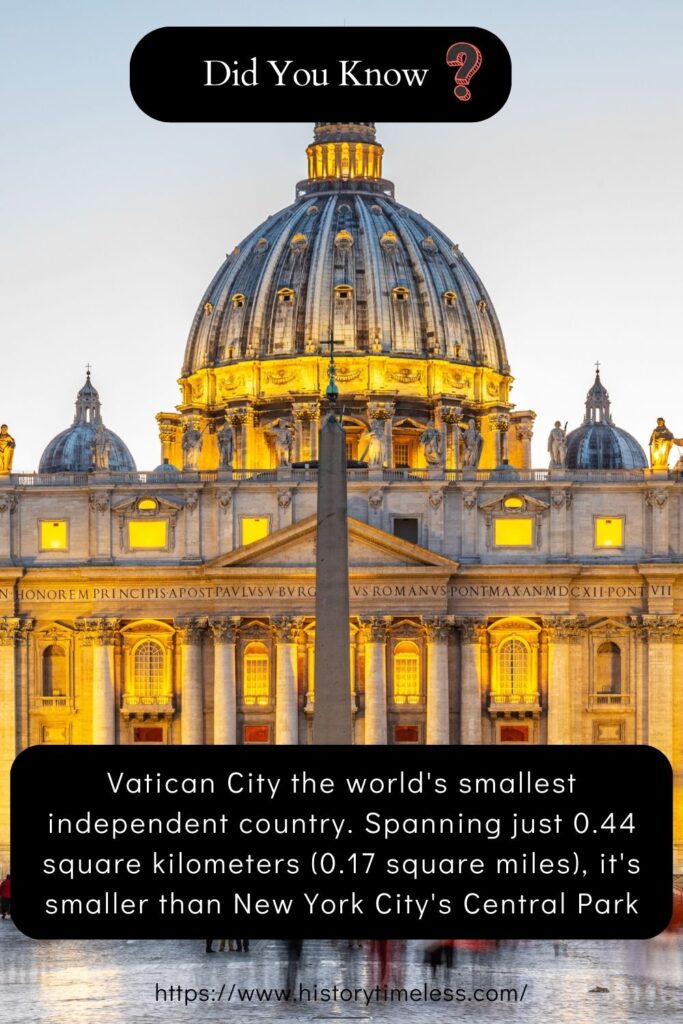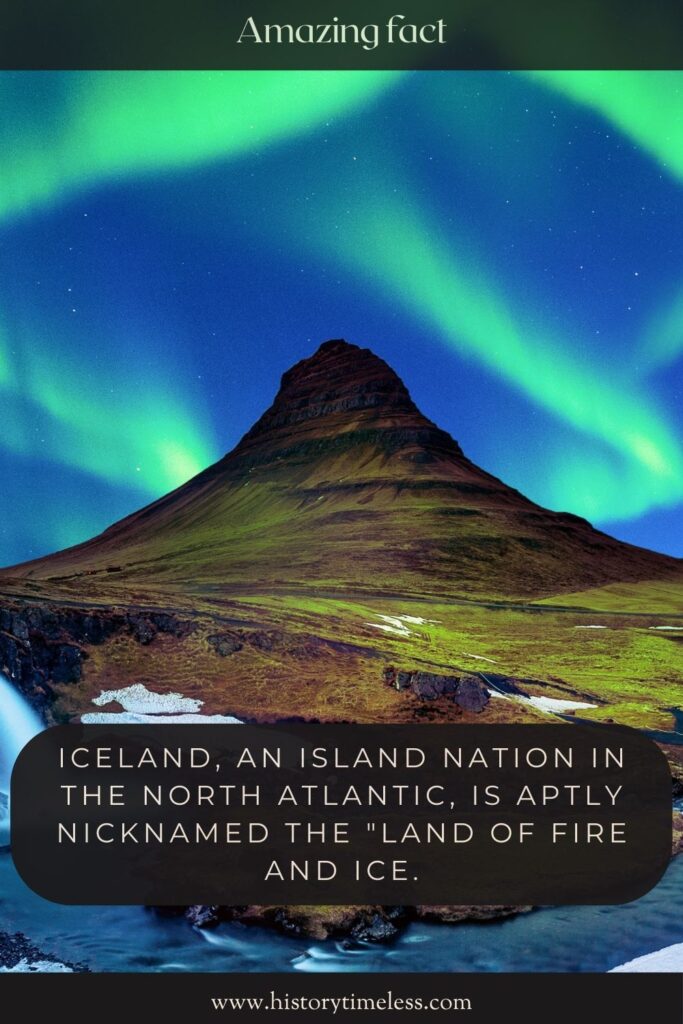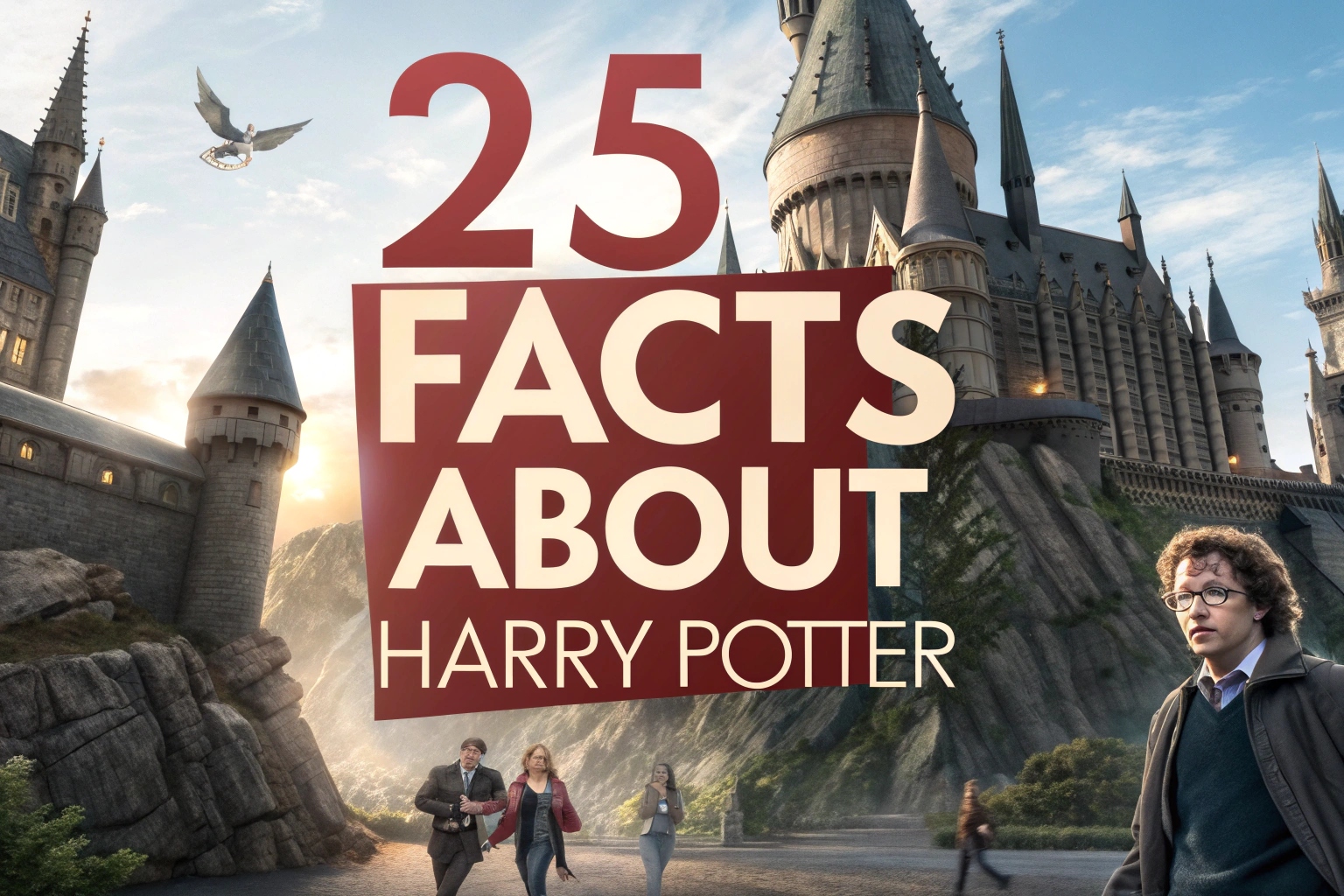Hello there! The world is an incredibly diverse and fascinating place, filled with unique countries, each with its own story to tell. From bustling metropolises to serene natural landscapes, every nation boasts intriguing characteristics that set it apart.
Let’s embark on a journey to uncover some captivating facts about countries around the globe, exploring the surprising and wonderful aspects that make our world so richly varied. Get ready to be amazed by the sheer breadth of human culture and geographical wonders!
1. Canada Possesses the Longest Coastline in the World
Canada, renowned for its vast wilderness and stunning landscapes, surprisingly holds the title for the world’s longest coastline. Stretching over an incredible 243,042 kilometers (151,019 miles), this extensive coastline borders three oceans: the Atlantic, Arctic, and Pacific.
Imagine the sheer variety of coastal ecosystems, from rugged cliffs to sandy beaches and icy fjords. This immense length is due in part to Canada’s numerous islands, inlets, and bays, creating a complex and intricate shoreline that is truly a geographical marvel.
2. Vatican City is the Smallest Country, Entirely Within a City
Nestled within the city of Rome, Italy, lies Vatican City, the world’s smallest independent country. Spanning just 0.44 square kilometers (0.17 square miles), it’s smaller than New York City’s Central Park!

This microstate serves as the spiritual and administrative center of the Roman Catholic Church, ruled by the Pope. Despite its tiny size, Vatican City holds immense global significance and boasts iconic landmarks like St. Peter’s Basilica and the Vatican Museums, attracting millions of visitors annually.
3. Russia Spans Eleven Time Zones, a Truly Massive Nation
Russia, the largest country in the world by landmass, stretches across an astonishing eleven time zones. Imagine starting your day in eastern Russia while people in western Russia are still fast asleep!
This vast geographical expanse means that when it’s morning in Kaliningrad, it’s already evening in Chukotka. This incredible time zone diversity highlights the sheer scale of Russia and the logistical complexities of governing such a geographically widespread nation.
4. Nepal is Home to Mount Everest, the Highest Point on Earth
Nepal, a landlocked country nestled in the Himalayas, is globally recognized as the home of Mount Everest, the world’s highest peak above sea level.
Standing at an elevation of 8,848.86 meters (29,031.7 feet), Everest attracts mountaineers and adventurers from around the globe.
Beyond Everest, Nepal is a land of breathtaking mountain scenery, rich culture, and ancient traditions, making it a unique and captivating destination for travellers seeking both adventure and spiritual enrichment.
5. Brazil Borders Almost Every South American Country
Brazil, the largest country in South America, shares borders with nearly every other nation on the continent. It shares boundaries with ten out of the twelve independent South American countries, excluding only Ecuador and Chile.
This extensive network of borders reflects Brazil’s dominant geographical position in South America and its significant influence in regional politics and economics. This also contributes to Brazil’s incredible cultural diversity, influenced by its many neighboring nations.
6. Nauru is the World’s Least Visited Country, A Hidden Gem
Nauru, a tiny island nation in Micronesia, holds the distinction of being the least visited country in the world. This remote Pacific island, once rich in phosphate deposits, now sees very few tourists annually.
While its history is complex and its environment has faced challenges, Nauru offers pristine beaches, unique coral reefs, and a glimpse into a truly isolated island culture, making it an intriguing destination for the most adventurous and off-the-beaten-path travelers.
7. South Africa Has Three Capital Cities, A Tripartite System
South Africa stands out for having not one, but three capital cities, each serving a different branch of government. Pretoria is the executive capital, home to the presidency and cabinet.
Cape Town is the legislative capital, housing the Parliament. Bloemfontein serves as the judicial capital, hosting the Supreme Court of Appeal.
This tripartite system is a legacy of South Africa’s history and was designed to distribute power and represent different regions of the country.
8. Japan is Made Up of Over 6,800 Islands, An Archipelago Nation
Japan, often perceived as a single landmass, is actually an archipelago consisting of over 6,800 islands. While the four largest islands – Honshu, Hokkaido, Kyushu, and Shikoku – make up the majority of the land area.
The thousands of smaller islands contribute significantly to Japan’s diverse geography and coastal character. This island nature has profoundly shaped Japan’s culture, history, and relationship with the sea.
9. Egypt Bridges Two Continents, Africa and Asia
Egypt, a land steeped in ancient history, is geographically unique as it spans two continents: Africa and Asia. The Sinai Peninsula, located east of the Suez Canal, is part of Asia, while the majority of Egypt lies within North Africa.
This transcontinental location has made Egypt a crucial crossroads of civilizations for millennia, influencing trade, culture, and history across both continents.
10. Switzerland Has More Lakes Than Any Other European Country
Switzerland, famous for its stunning Alps and picturesque villages, boasts a surprisingly large number of lakes, more than any other country in Europe. From the vast Lake Geneva to the serene Lake Lucerne and countless smaller alpine lakes, water is a defining feature of the Swiss landscape.
These lakes not only contribute to the country’s beauty but also provide vital resources for drinking water, hydroelectric power, and recreation.
11. France Has the Most Time Zones Including Overseas Territories
While Russia spans eleven contiguous time zones, France technically holds the record for the most time zones globally, with twelve. This is due to France’s extensive network of overseas territories and departments scattered across the globe, from the Caribbean to the Pacific and Indian Oceans.
These territories, remnants of France’s colonial past, result in a wide distribution of time zones, reflecting the country’s global reach.
12. Mongolia is the Least Densely Populated Country in the World
Mongolia, a vast landlocked country in East Asia, holds the title for the least densely populated sovereign state in the world.
With a population density of just around two people per square kilometer (five per square mile), Mongolia is characterized by wide-open spaces, nomadic culture, and stunning natural landscapes, including the Gobi Desert and vast steppes.
13. The Philippines is the Only Majority Christian Nation in Asia
The Philippines, an archipelago in Southeast Asia, stands out as the only predominantly Christian nation in Asia.
Christianity, primarily Roman Catholicism, was introduced during Spanish colonial rule and remains the dominant religion today, influencing Filipino culture, traditions, and society in profound ways. This unique religious identity sets the Philippines apart in the diverse religious landscape of Asia.
14. Saudi Arabia Lacks Rivers, a Desert Kingdom
Saudi Arabia, a vast desert kingdom in the Middle East, is notable for lacking permanent rivers. The arid climate and geography mean that water is a precious and scarce resource, primarily obtained through desalination and underground aquifers.
This scarcity has shaped Saudi Arabia’s development and water management strategies, highlighting the challenges of life in a hyper-arid environment.
15. Iceland is Known as the “Land of Fire and Ice”
Iceland, an island nation in the North Atlantic, is aptly nicknamed the “Land of Fire and Ice.” This moniker reflects its dramatic landscape of glaciers, ice fields, and active volcanoes, a result of its unique geological location on the Mid-Atlantic Ridge.

This geothermal activity provides Iceland with abundant renewable energy and creates stunning natural phenomena like geysers and hot springs.
16. Luxembourg is the Only Grand Duchy in the World
Luxembourg, a small landlocked country in Western Europe, is unique as the world’s only remaining grand duchy. A grand duchy is a monarchy ruled by a grand duke or grand duchess.
This historical title sets Luxembourg apart from other European monarchies and republics, adding to its distinct national identity and rich history.
17. Panama Canal Connects Two Oceans, a Vital Waterway
Panama, a country in Central America, is famous for the Panama Canal, a crucial artificial waterway connecting the Atlantic and Pacific Oceans.
This engineering marvel has revolutionized global shipping, significantly reducing travel times and costs. The canal not only boosts Panama’s economy but also plays a vital role in international trade and maritime transportation.
18. Australia is Both a Country and a Continent
Australia is unique in that it is both a country and a continent. It’s the smallest continent and the sixth-largest country by total area.
This dual identity shapes Australia’s geography, ecology, and global perception. Its isolation as a continent has led to the evolution of unique flora and fauna, making it a biodiversity hotspot.
19. Bolivia Has Two Capital Cities, Reflecting Political History
Bolivia, a landlocked country in South America, has two capital cities: Sucre and La Paz. Sucre is the constitutional capital and seat of the judiciary, while La Paz is the administrative capital and seat of the executive and legislative branches.
This dual capital system reflects Bolivia’s complex political history and regional rivalries, aiming to balance power between different parts of the country.
20. Maldives is the Lowest-Lying Country, Vulnerable to Sea Level Rise
The Maldives, an island nation in the Indian Ocean, is the lowest-lying country in the world. With an average elevation of just 1.5 meters (4 feet 11 inches) above sea level.
The Maldives is extremely vulnerable to rising sea levels caused by climate change. This makes it a poster child for the impacts of global warming and the urgent need for climate action.
21. Finland is Known as the “Land of a Thousand Lakes” (Actually Many More!)
Finland, a Nordic country in Northern Europe, is often called the “Land of a Thousand Lakes,” but this is a vast understatement. Finland actually boasts over 188,000 lakes, more than any other country in Europe (and likely the world relative to its size).
These lakes, formed by glacial activity, dominate the Finnish landscape and are integral to Finnish culture, recreation, and identity.
22. Colombia is the Only South American Country with Coastlines on Two Oceans
Colombia, located in northwestern South America, is geographically unique as the only South American country with coastlines on both the Pacific Ocean and the Caribbean Sea (part of the Atlantic Ocean).
This strategic location gives Colombia access to two major bodies of water, providing diverse marine resources, trade routes, and climatic influences.
23. Lesotho is an Enclaved Country, Entirely Within South Africa
Lesotho, a small mountainous kingdom in Southern Africa, is an enclaved country, meaning it is entirely surrounded by another country.
Lesotho is completely landlocked within South Africa, creating a unique geopolitical situation and close relationship between the two nations. Despite its small size and enclave status, Lesotho maintains its own distinct cultural identity and sovereignty.
24. Liechtenstein is Doubly Landlocked, Surrounded by Landlocked Countries
Liechtenstein, a tiny principality in Central Europe, holds the unusual distinction of being doubly landlocked. This means it is not only landlocked itself but is also surrounded entirely by other landlocked countries: Switzerland and Austria.
This rare geographical situation makes Liechtenstein one of only two doubly landlocked countries in the world (the other being Uzbekistan).
25. Canada and Denmark Share a Disputed Island, a “War” with Whiskey and Flags
Canada and Denmark have a friendly and unusual territorial dispute over Hans Island, a tiny, uninhabited island in the Arctic. The “conflict” is more of a lighthearted tradition known as the “Whiskey War.”
Soldiers from each country would visit the island, remove the other country’s flag, plant their own, and leave a bottle of their national liquor – Canadian whiskey or Danish schnapps – for the next visitors. This quirky dispute highlights the peaceful and humorous side of international relations.
Explore More Amazing Facts:
10 Crazy Facts About You That You Won’t Believe!
25 Mind-Blowing Business Facts That Will Shock You!
30 Brown Eye Facts That Will Blow Your Mind!
25+ Exciting Facts About People Born in November




